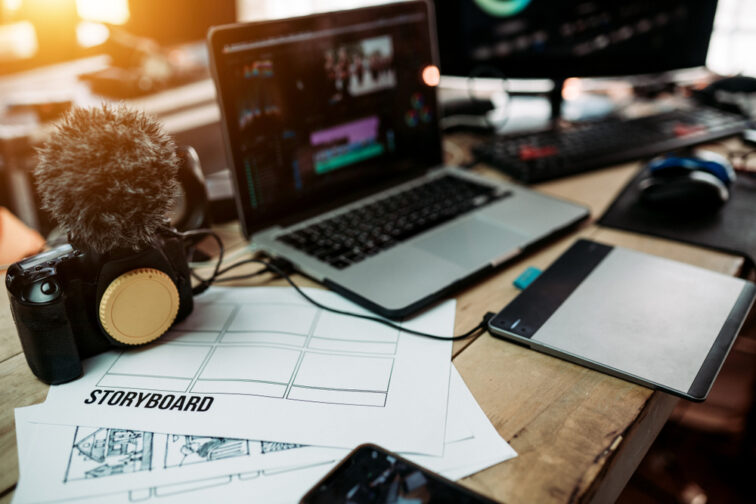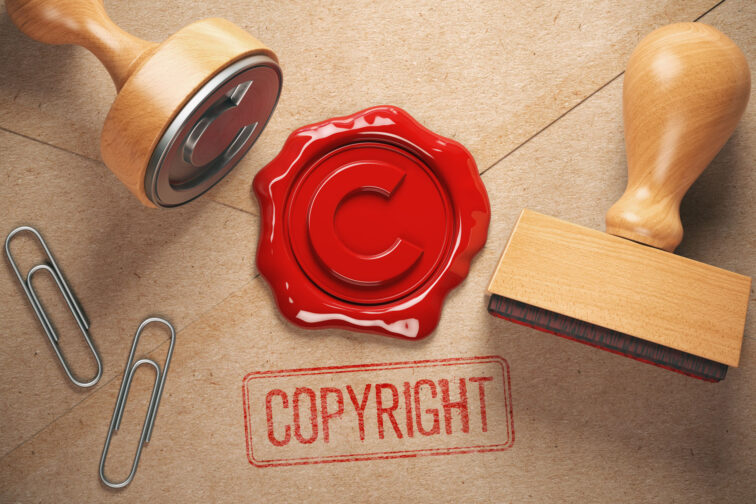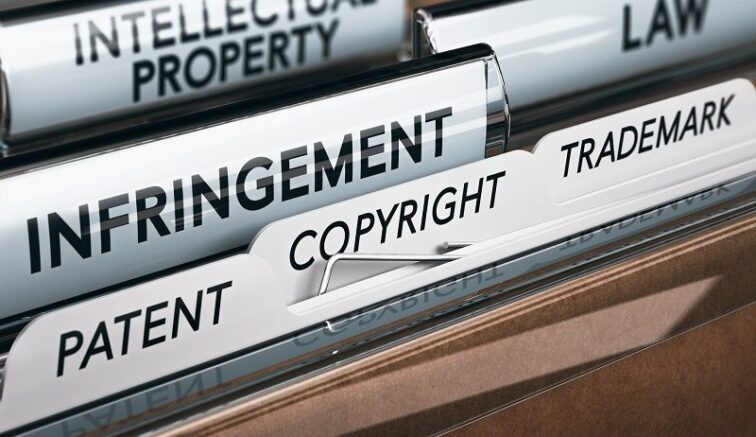
One of the downside of content creation is piracy where people use or copy other creators content without their consent and in return earning more as compared to the original content owners. In Kenya, there are several bodies mandated to making sure that original content owners earn and protect their content. These bodies also administer and enforce copyright and related rights. The bodies carries out public awareness, enforcement, registration of copyright, licensing of collective management organization and education on matters of copyright and related rights. KECOBO, MCSK, KIPPRA amongst others are bodies in Kenya mandated to look after content creators.

Exploitation has been and still is the biggest problem when it comes to earnings of content creators. At the end of the forum lawyers and other regulatory government agencies, creative industry stakeholders received insights on how to protect their work and what actions to take when their rights are infringed upon. Below are some of the key points from the forum:-
Registering copyrights & IP with regulators:- Stakeholder urged all content creators to register themselves and their works with copyright bodies in Kenya citing that IP is protected by law through patents, copyrights, trademarks, and trade secrets with the income generated from these commonly referred to as royalties. Works that can be copyrighted include films, art, literary works, social media content and music. Software source code, industrial designs, utility models, NFTs, catchphrases and trade secrets can also qualify for protection. This will help them receive their royalties and avoid exploitation or piracy. All original ideas qualify to be copyrighted.
Ignorance:- Creatives need to actively seek information and legal advice on how to protect their content and earnings. It was clear that most Kenyan creatives are yet to understand the importance of holding the requisite rights to their work. Furthermore, they don’t know how to value their work and may often not understand the legalese used in the laws of Kenya.
Investing in Marketing:- It emerged that many creatives in the creative industry have neglected the importance of marketing and advertising for their work. Stakeholders at the forum pointed out that it takes more than just producing valuable IP and proceeding to protect them with copyright, creating demand for the products is what guarantees steady and increasing royalties from the works. Market research can also help creators develop products that are already in demand from their audiences.
Sharing original ideas without proof of ownership:- Many content creators have lost their content in form of ideas to other people in the industry as a result of sharing their ideas. These ideas if not copyrighted they give anyone the right to produce them and in return earn from ideas of other people. To cub this creators need to first obtain a protective right for their work before pitching it to potential partners or investors. Creators need to also be vigilant in monitoring how their work is used. In that way, they can take action against individuals or entities that infringe on their rights.

